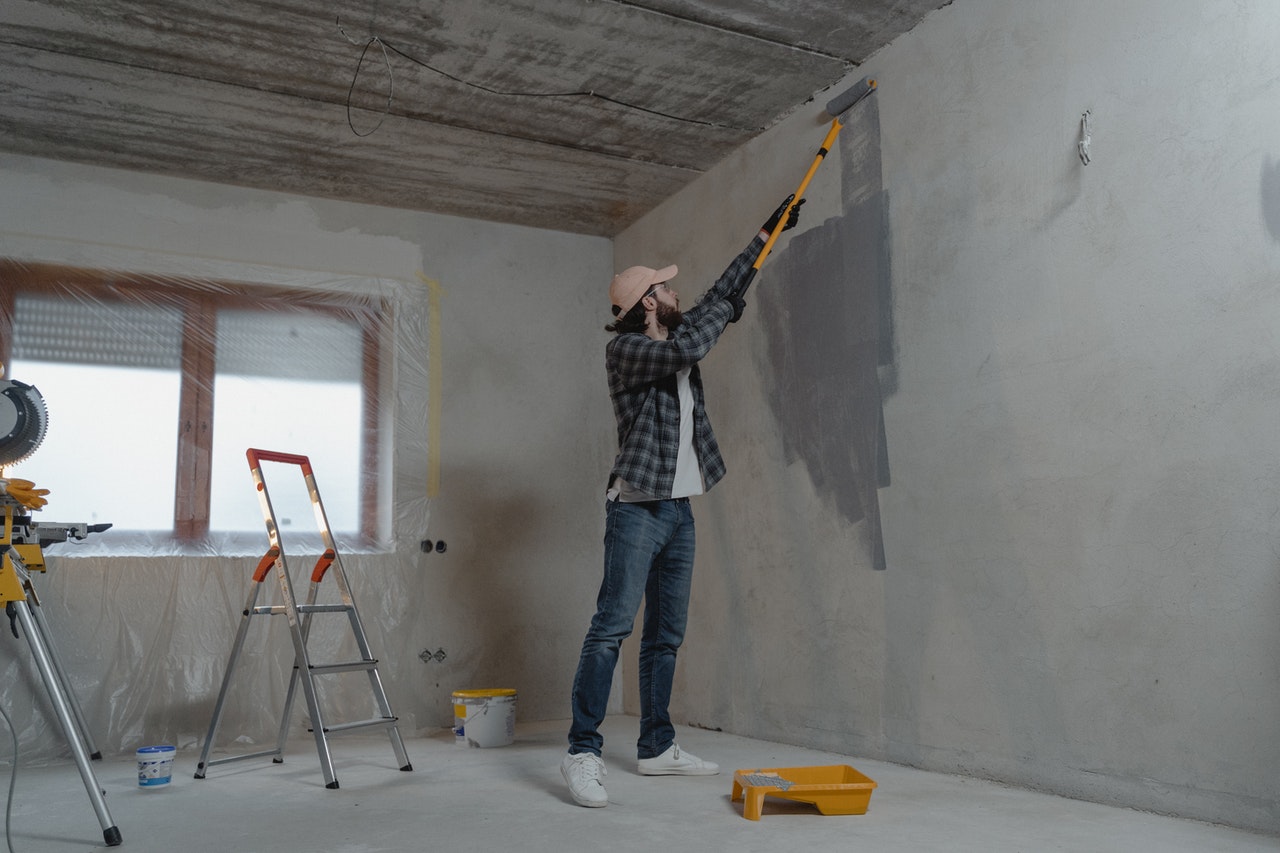
Out of all the expenses associated with homeownership, the cost of the many different home repairs you will face is the most difficult to plan for. Some are significant projects that can be expensive, while others are low-cost.
If you rent a place, you may find yourself in an altercation with your landlord to figure out who’s liable for maintenance, damages, and repairs costs. Sometimes, the responsibility falls on the tenant; other times, it falls on the landlord’s shoulders.
For some help, below are the tenant and landlord repair responsibilities ranging from minor fixes to major problems.
What Must a Landlord Fix?
In general, landlords must ensure that the building’s structure is sturdy and robust, including roofs, floors, and stairways. Also, they must keep the heating, electrical, and plumbing systems functioning and in good condition. Plus, landlords are responsible for exterminating infestations of pests like rats and cockroaches.
Tenants can withhold the rent if they fail to handle these significant issues. But what about the minor problems most tenants’ minor problems, such as worn tiles flooring, torn screens, old paint, or leaky faucets?
Is the landlord responsible for these repairs? It depends upon several factors like the nature or cause of the problem. Worn carpet, mildewed grout, or cosmetic maintenance won’t likely fall on the landlord’s shoulders.
These problems will less likely get the landlord’s attention than holes in carpeting or unsecured tiles that could lead to accidents. If you’re unsure whether your landlord is liable to repair, check the following:
● Any written or oral promises your landlord has made
● The terms of your lease
● State tenant-landlord laws
● Local and state building codes
How to Get Landlords Do Minor Repairs
It is harder to impose your rights to minor fixes than significant repairs in many cases. Tenants living in uninhabitable conditions are generally authorized by law to use repair and deduct procedures or withhold rent.
However, using these actions for minor issues can get tenants evicted. The good news is that there are effective ways for getting landlords to make minor repairs.
● Write a request. A written repair request allows tenants to bring problems into the open and explain why the landlord should fix them. Try to explain how the repair problem could get worse and more expensive to the landlord, mainly if it is not dealt with immediately. Also, the tenant can show the landlord the potential for accidents or injuries caused by the repair problem.
● Contact a mediation service. If the landlord completely neglects your repair requests (both oral and written), contact a mediator to help both parties reach an acceptable solution. Note that the mediator will not impose a solution. Fortunately, most communities offer low-cost or free mediation services instead of court.
● Report your landlord. Note that some minor repair problems may breach housing or local building codes. Call the agencies to determine if these codes are enforced in your area. Remember that reporting your landlord will not improve the tenant-landlord relationship, which is vital if you want to stay in the rental place for some time.
● Suing your landlord. Of course, suing your landlord isn’t the most advantageous option if you want to preserve the tenant-landlord relationship. However, if you have exhausted all possible solutions, suing your landlord in small claims court might be the only available option you have left. The judge can give you the difference between the unit’s amount and what you pay in rent.
What Must a Tenant Fix?
Tenants must also stay on top of things because there are some maintenance issues they’re liable for. These include:
● Taking out the trash. Tenants are responsible for regularly taking out the trash. If it’s left for long periods, trash may invite pests, mould, and bad smells into your property.
● Damage caused by the tenant. Tenants are responsible for damages caused by them or their guests.
● Misuse of property. Tenants are responsible for fixing damages if they have violated their lease agreement. For instance, the tenant must clean stains and smells due to smoking. Also, tenants are responsible for the cleaning expenses associated with a pet.
● Reporting of any repair issues. Ideally, tenants must notify all problems to the landlord as soon as possible because leaving a problem alone will worsen.
Takeaway
As a tenant, it is crucial to know your rights and learn which repairs are your responsibility to cover and which are not. The more informed and knowledgeable you are, the less likely you’ll find yourself in a bad rental situation. On the other hand, as a landlord, you should be responsive to the problems in your property. When a repair request comes in, make sure to respond right away. Additionally, it will help if both the tenant and landlord have access to the lease agreement.




 POSTED BY
POSTED BY 

